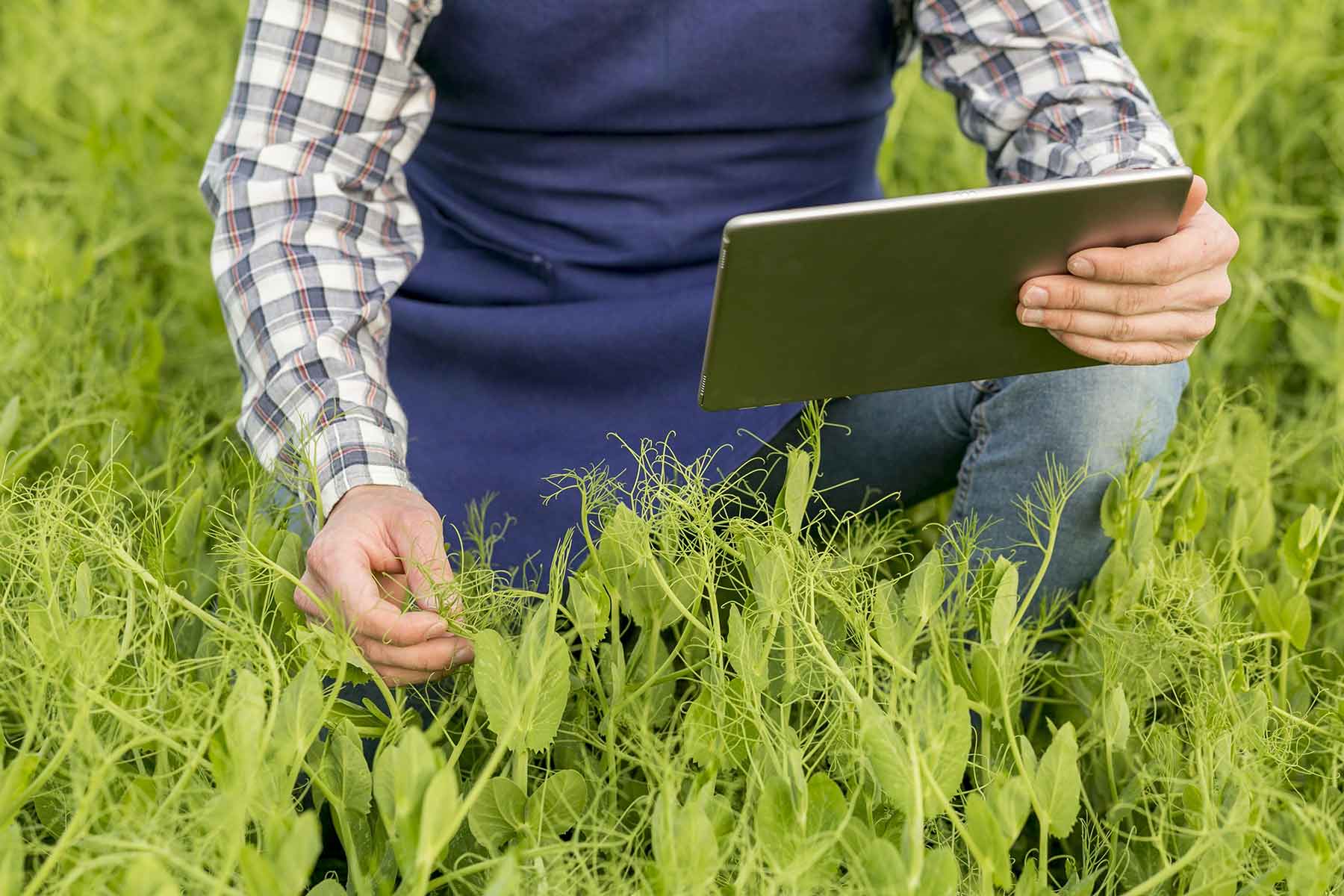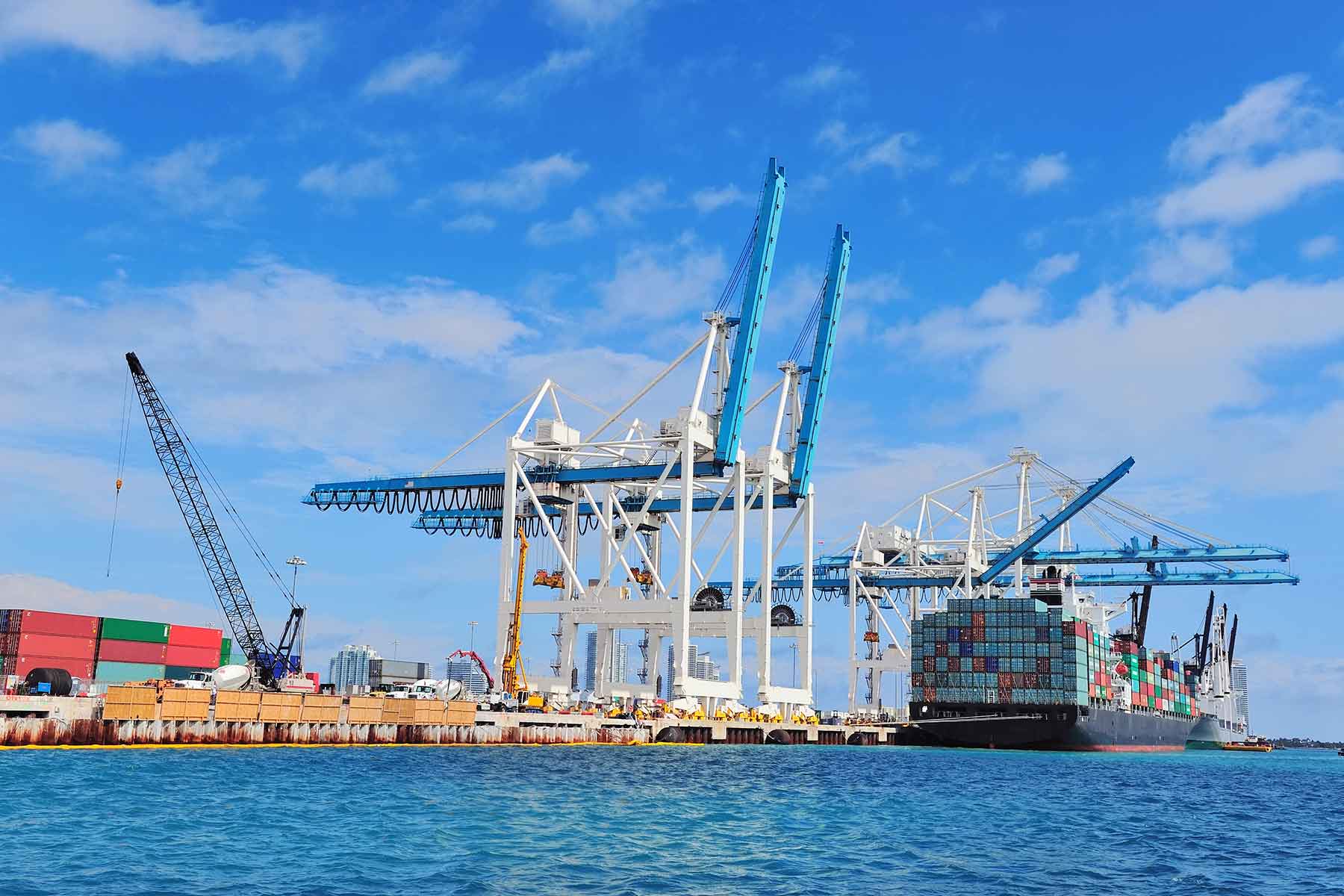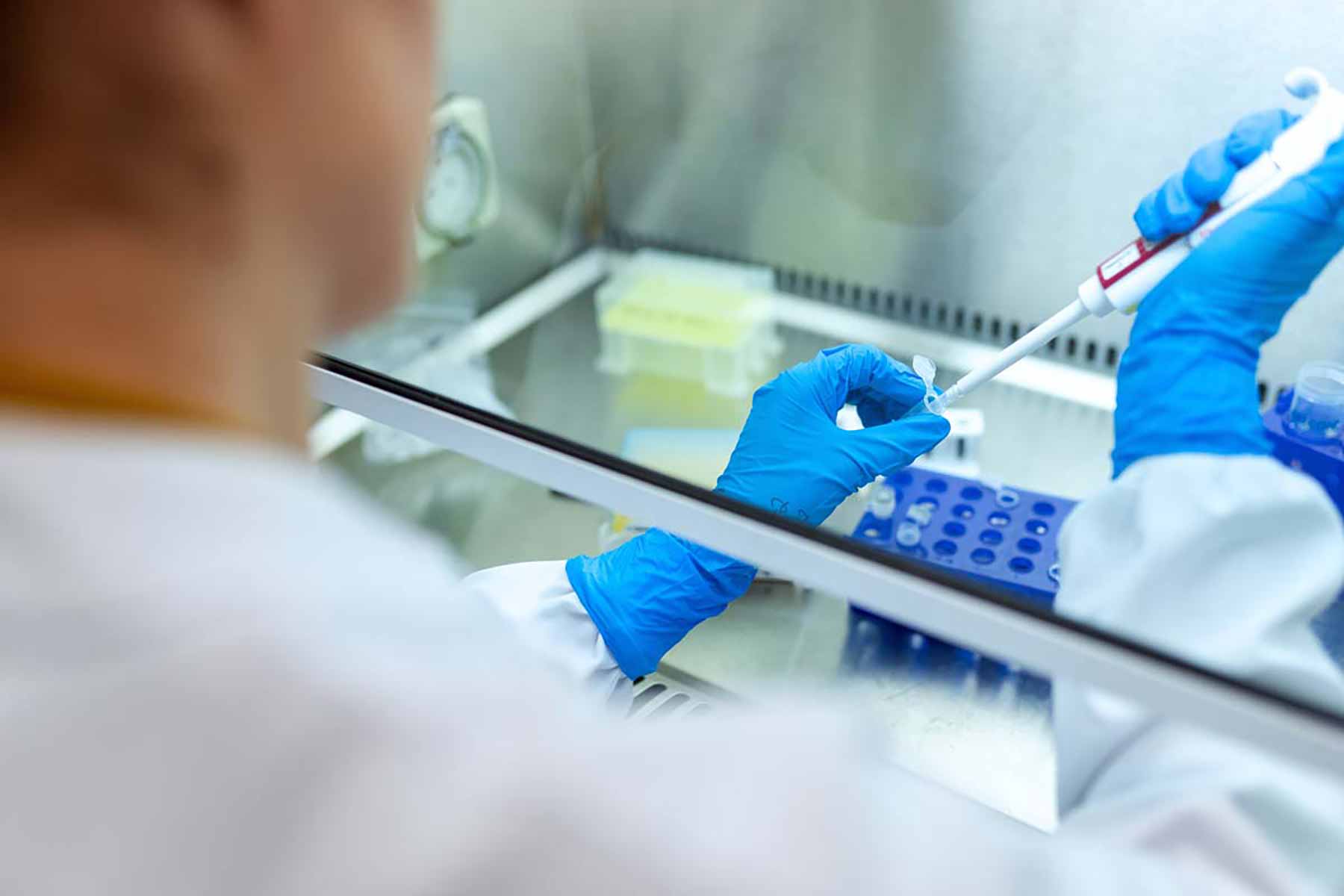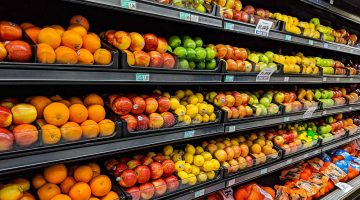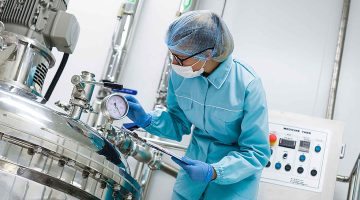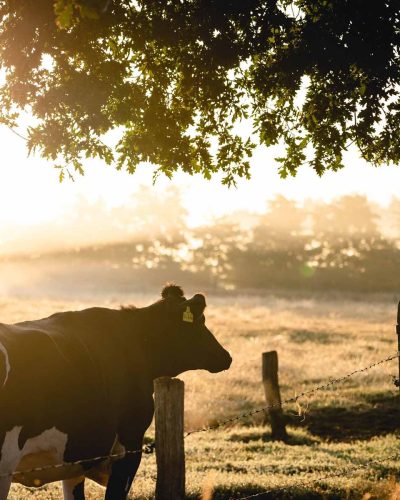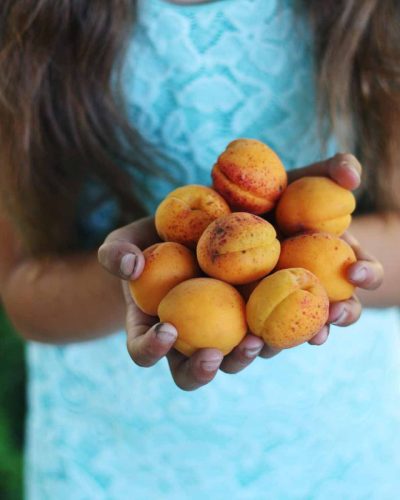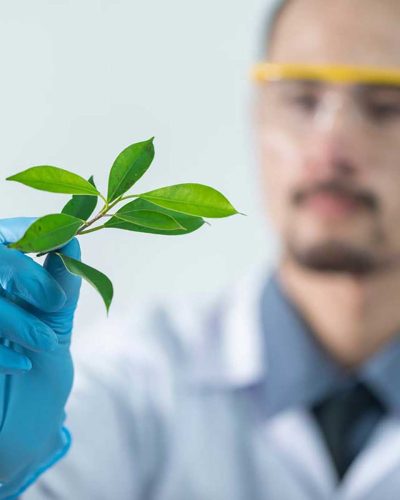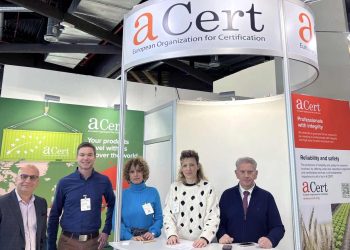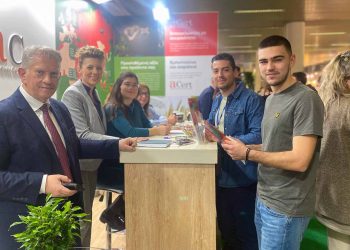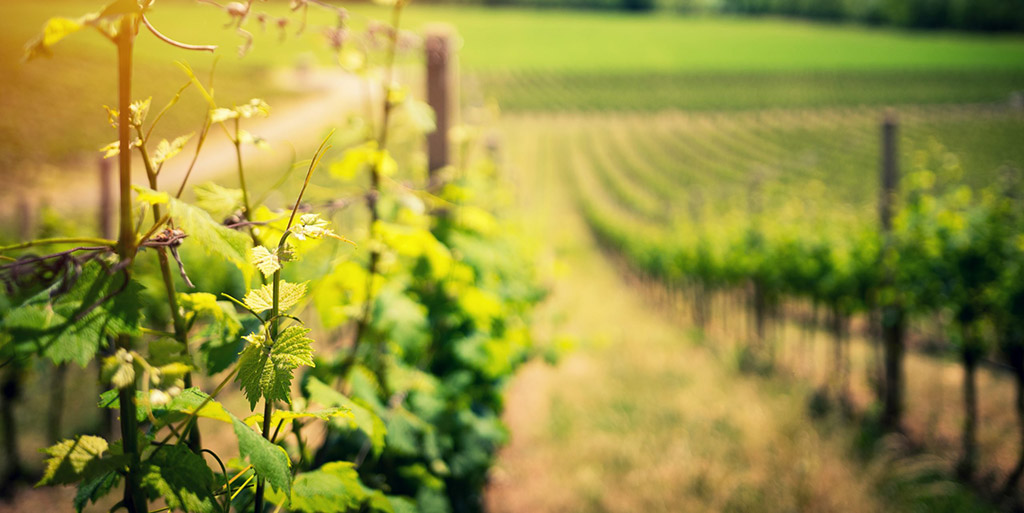
Inspection & Certification

Survey

Verification & Validation

Evaluation & Expert Examination

Compliance Assessment

Laboratory Activities
Having Values,
we give value to your products
Fully aware that our work directly affects life, property and environment, we have the power to be different, conducting unbiased, independent and objective certification, with responsibility, honesty and integrity.
Having values, we offer strictly professional services and through the recognition and reputation of the A CERT logo, we add value to the products we certify giving them a competitive advantage and making them capable of achieving a dominant position in the market.
Stefanos Billas
President
Fields & Sectors
What we do
Your Safe choice in Certification
A CERT European Organization for Certification S.A. is Inspection and Certification Body for Management Systems, Products and Persons, founded by professionals with expertise and extensive experience in the certification area.
With strategic alliances worldwide and a wide network of collaborators,
A CERT is always close to its clients and their target markets. Furthermore, with rapid business expansion, A CERT inspects, evaluates and certifies State authorities, companies, organizations, institutions, products and persons in the private and public sector.
What we do
Your Safe choice in Certification
A CERT European Organization for Certification S.A. is Inspection and Certification Body for Management Systems, Products and Persons, founded by professionals with expertise and extensive experience in the certification area.
With strategic alliances worldwide and a wide network of collaborators,
A CERT is always close to its clients and their target markets. Furthermore, with rapid business expansion, A CERT inspects, evaluates and certifies State authorities, companies, organizations, institutions, products and persons in the private and public sector.
Information Security Management System according to ISO 27001
Information Security Management System by ISO/IEC 27001:2005. A CERT certifies Information Security management systems according to the international standard ISO 27001:2005.
International Featured Standards (IFS)
A CERT provides the IFS certification in cooperation with the German Certification Body GISTAZERT.
Safe Quality Food (SQF)
Our Safe Quality Food (SQF) Program is a rigorous and credible food safety and quality program that is recognized by retailers, brand owners, and food service providers world-wide.
Healthcare Stuff
A CERT certifies in accordance with specialized certification regulations the requirements of ISO/IEC 17024:2003 standard the professional sufficiency of persons in various specialties
Our Values The Quality Goals as set by the Organization's Management are:
Maintenance of confidentiality
a-Cert adopts appropriate actions and implements necessary procedures which ensure confidentiality, objectivity and impartiality in its operations.
Customers of satisfaction
We constantly seek after providing high credit services and retaining excellent cooperation with all our clients.
Provision of high credit services
The Organization's main aspiration is no other than the implementation of a Certification System of credit and credibility, which shall offer a strong competition advantage to our clients.
Organic Farming
More than 20 Years
of Experience
0
0
0
0
Why Choose us
Full Awareness
Our work directly affects life, property and environment, we have the power to be different, conducting unbiased, independent and objective inspection, certification, evaluation and expert examination services
Importance
Our No 1 concern in A CERT is the protection of reliability, health and safety, considering the interest of all shareholders and sustainable development, by offering valid and esteemed services
Commitment
We dedicate a great part of our resources, by investing in high technology and professionals with integrity and high level of skills and know how
Values
Having values, we offer professional services and through the recognition of A CERT, we add value to the products, services, institutes and organizations
What we offer
We add value to the products we certify
giving them a competitive advantage
We offer valid and prestigious inspection, certification, evaluation and expert examination services
We offer leading expert examination
services in order to protect your interests
Our state-of-the-art instrumentation guarantees your products credibility
Latest News
-
A CERT: BIOFACH – a journey to the excellence of organic products
A CERT European Organization for Certification SA has been recognized by the Department for Environment Food and Rural Affairs “DEFRA”
16 February 2024 Read more -
A CERT participation in AGROTICA exhibition
AGROTICA is a leading exhibition event for the agricultural economy, and a central meeting and networking point for the agricultural industry.
7 February 2024 Read more -
A CERT European Organization for Certification SA has been recognized by the Department for Environment Food and Rural Affairs “DEFRA”
A CERT European Organization for Certification SA has been recognized by the Department for Environment Food and Rural Affairs “DEFRA”
20 January 2023 Read more -
Ο κόσμος το 2023
At the end of the day, going forward, a new normal that has evolved from generation.
5 January 2023 Read more
Latest Videos
Playlist
Customers Feedback
Having values, we offer strictly professional services and through the recognition and reputation of the A CERT, our associated companies and structures and strategic collaborators, we add value to the products, services, institutes and organizations giving them a competitive advantage and making them capable of achieving a dominant position in national and international level.

We thought a lot before choosing the Financial WordPress Theme because we wanted to sure our investment would yield results. Consulting theme is an invaluable partner.

We were amazed by how little effort was required on our part to have Consulting WP prepare these materials. We exchanged a few phone calls. Consulting theme is an invaluable partner.


